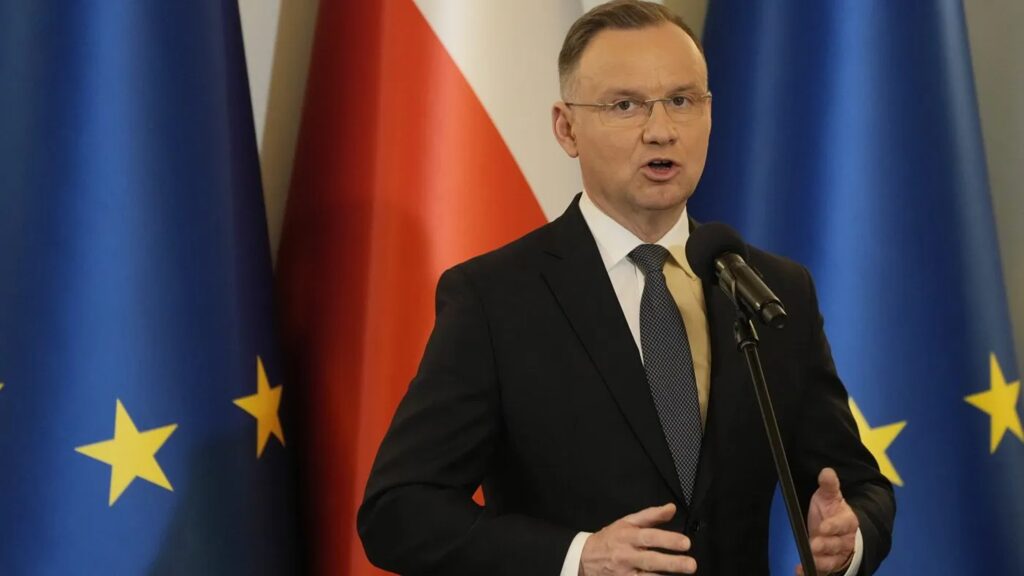Poland is taking significant steps to integrate the European Union’s Markets in Crypto-Assets (MiCA) regulation into its national framework, aiming to bolster the oversight of its cryptocurrency market.
This initiative seeks to regulate and supervise crypto activities including issuance, trading, and service provision, empowering the Komisja Nadzoru Finansowego (KNF) with new authorities, notably the capacity to suspend crypto accounts.
Under the proposed legislation, the KNF can autonomously freeze cryptocurrency accounts for up to 96 hours if a transaction is suspected of being related to criminal activities.
With judicial approval, these restrictions can extend to six months.
Izabela Deryło, a tax specialist, outlines the significance of this development, stating, “In the event of a suspicion that a transaction may be linked to the commission of a crime, the KNF will be able to independently block the accounts of cryptocurrency holders.”
These measures have sparked concerns among Polish crypto investors, particularly due to the ambiguous criteria for such account blockades.
Arkadiusz Jóźwiak, a noted figure in the crypto community, expressed apprehensions over the potential for abuse of this power, given the KNF’s historically cautious stance towards cryptocurrencies.
This approach, including preemptive account freezes, appears to diverge from the European MiCA guidelines, which do not explicitly endorse such preemptive actions.
This regulatory stride is part of Poland’s broader effort to align with EU standards while imposing local adaptations.
The KNF’s proactive role, including the recent licensure of Ouinex, a new crypto exchange, underscores Poland’s commitment to a regulated digital asset environment.
Planned for the second quarter of 2024, these regulations will permit the KNF not only to freeze accounts but also to levy fines on crypto businesses, marking a crucial phase in the establishment of a comprehensive legal framework for cryptocurrency operations in Poland.
Since initiating cryptocurrency market regulations in 2020, Poland has navigated a complex landscape, balancing investor protection with the growth of digital assets.
The inclusion of Poland in the cadre of European countries regulating cryptocurrencies echoes the actions of the UK’s Financial Conduct Authority and others, striving for a harmonized regulatory environment across the continent.
Cryptocurrency usage in Poland is notable, with millions engaging in digital asset transactions.
The regulatory climate, however, has been a deterrent to the establishment of major local exchanges, leading to a migration of businesses such as BitBay (now Zonda) abroad.
Despite these challenges, the country boasts a significant number of cryptocurrency ATMs, ranking fifth globally, indicating a vibrant crypto culture.
The adoption of MiCA standards, adapted by the KNF, aims to clarify regulatory expectations, potentially fostering the emergence of new exchanges within Poland.
This development holds promise for millions of existing and prospective cryptocurrency users, seeking clarity and security in their digital asset endeavors.
